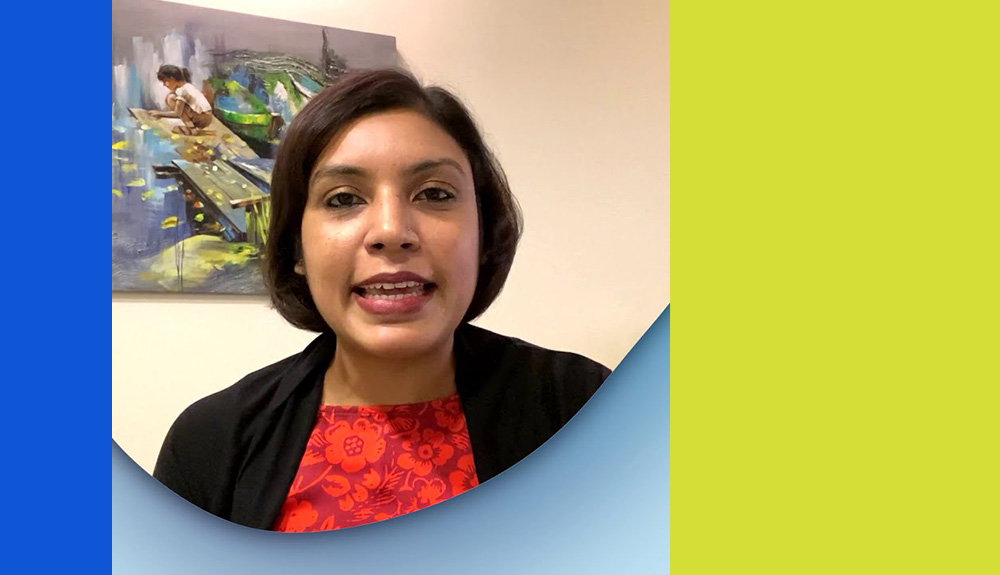The Netflix series Squid Games has captured the imagination of many. If there is one takeaway that viewers get immediately, it’s that, having too much debt can kill you.
Real-life may not be as dramatic as being shot dead in the attempt to re-pay debt by falling for the lure of lottery-like game winnings, but in real life too, debt can be a huge burden to live with. Stories about farmer suicide, in part pushed by their inability to repay money borrowed from unauthorized money lenders, abound. Every now and then you can’t miss the story of a father who silently takes the life of his children to escape the misery that comes with a life of high debt and financial stress. These cases unfortunately are not fantasy, rather the reality of individuals struggling to survive in an economically unequal world.
Borrowing to survive is one extreme, what’s becoming popular in urban locations today is borrowing not for survival but rather to sparkle.
From television sets to phones to just about any purchase online or offline and even gifting to your loved ones can happen on credit. Purchasing on credit is essentially borrowing from the bank or whatever entity is giving you the credit. It’s easy credit too. There is the lure of quick disbursement and approval leashed on to no-cost monthly repayment. Almost like a win-win for all.
You can download easy to use mobile apps which goad you to take on payday loans that hit your account on the first day of the month or easy on-tap loans in case you are falling short of money to buy your sister or mother or brother or father a nice gift.
The purchasing power of debt is easily marketed, but repayment stress is never highlighted.
Debt in the urban world
The glamour and glitter of urban life, of the many day cafes and nightclubs, of the fancy cars and shopping malls, can be an easy trap that soon leads to spending beyond one’s means. When you start buying what you cannot afford, you justify it by looking at the no-cost tag on the suggested part repayment plan or the fact that the monthly instalment you are opting for is a small proportion of your overall salary.
Then the next purchase happens on this no cost basis and the next and then you get a credit card and start converting the spends into monthly EMIs. Viola, all of a sudden you can afford to buy a lot of things that you were unable to fathom owning, just a few years ago.
It feels good to open that new package, wear the new shoes, spray on that posh perfume or drive in your new set of wheels, only till the end of the month when your bank balance is edging towards a zero balance.
You nervously wait for your salary to hit the account and then breathe a sigh of relief.
Do you realise that the next purchase you make on EMI or on debt or through borrowing will perhaps tip the scale and throw you fully into a pool of debt that you now cannot afford?
Welcome, financial stress.
Financial stress is an emotional being
Once the stress begins, it can be all-consuming. For some, just to keep up appearances, more debt piles on. For others, it may result in behaviour linked to frustration or even avoidance. Slowly, you may find yourself living a fake life where you spend more time than needed putting up a calm and collected façade.
It is this emotional strain that financial stress linked to high debt can cause, which ultimately worsens your mental state of mind. If your borrowings come from unauthorized lenders, the debt collection tactics on delayed interest payments can cause added distress.
It doesn’t matter whether the loan you take is for building a home or for buying a refrigerator or simply a pay later option on Amazon, if you cannot afford this expense, you will spend many months and years as a slave of your borrowings.
If you are smart, with time you will not add to your debt burden and if you are lucky, with time your earnings will increase, thus reducing the proportion of your borrowing.
If you are neither, you will be under financial stress.
Borrow if you must, but mindfully
The answer to the question, can debt kill you, is potentially an affirmative, but there are ways to save yourself from this trap if you are getting sucked in.
The solution really lies in being mindful.
- As far as possible, avoid buying items of present consumption on credit. This includes electronic gadgets, apparel and so on. These items will only depreciate in value, leaving you with nothing but interest cost.
- For big ticket loans to buy a house or a car, ensure that the EMI does not consume most of your monthly income. A house is presumably a long-term purchase and you may be living in it, keep the EMI up to 40%-50% of your income or lower, not higher. A car is a depreciating asset and more a utility, keep the EMI below 10% of your monthly income.
- Lastly, if you are already in unmanageable debt, then slow down. The only way to move forward is to save more than you spend, for that you will have to slow down your spending. Cut corners, be smart about your spending, reduce your entertainment spends, recycle your clothes and so on.
Being mindful about your borrowings is what can save you. Ask yourself what meaning a new possession bought on credit is going to add to your life, if the answer is elusive, you know what to do.
High debt has the potential to kill you, but transforming your own behaviour has the potential to save you. Focus on what matters and leave the sparkle aside for another day, when you can afford it. Leave your comments on experiences with debt and repayment or any thoughts on the subject. Thanks for reading!
Also read:
She owned her mistakes and turned around her fortune

Siddhika Aggarwal started off having an estranged relationship with money. She only realised this was working against her when she ran into trouble with money. Instead of giving up and shying up, Siddhika took on the challenge headfirst and turned around her money mistake.
Where do we go now? Your investment approach in 2021

As 2021 gets well on its way, have you taken the time out to build your investmentAn investment is made to give you a return. You make an investment if you use your money to buy either physical assets like property or financial assets like bonds and equity with an aim to receive income or gains... More portfolio? Have you at least understood that saving and investing is the way to secure your financial future?
Stepping into the world of planning with Khyati Mashru Vasani

If you were confused about what financial planning entails and whether you should start with it or not – watch this 10 min discussion with a young planner who got the awareness early in life.

